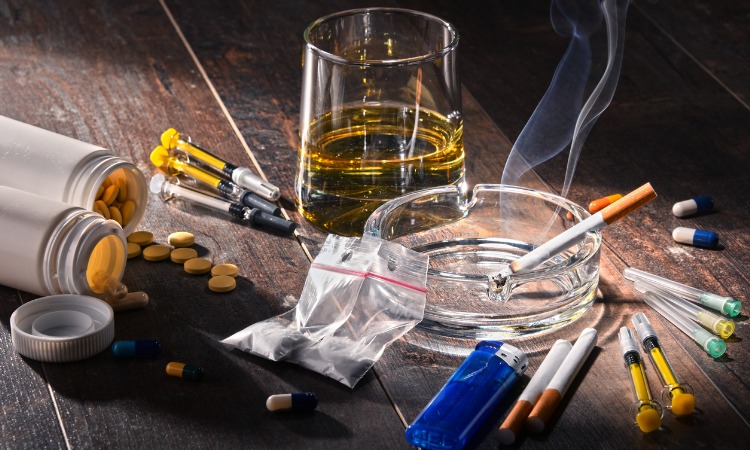
Teens who are abusing drugs of any kind work hard to hide the signs from parents, teachers and sometimes even their peers. Learning how to spot some of the signs of drug abuse can stop a downward spiral and get your teen the help he needs.
Substance abuse is mostly carried on in secret. The abuser is trying to hide the practice from parents, school, or other important authorities like the police. Due to the legal and social consequences of substance abuse, it can be difficult to uncover the problem until it becomes so large that it can no longer be concealed.
It can be tough to spot the early signs that your loved one is experimenting with substances being aware of behavioral changes is a must. People who battle with addiction eventually become extremely dependent on the particular substance they are addicted to. It becomes not just a psychological attachment but a NEED as well. Consequently, their body believes they need the substance to survive and as a result, long-term repercussions or a life-long struggle could set in.
Lack of knowledge among parents on illegal drugs and their effects forms one of the major obstacles when it comes to dealing with the issue of addiction. When you look for the signs of addiction, keep in mind that addicts and alcoholics are often the last to know that they have a problem; they simply cannot see the outward signs of addiction.
Frequent Isolation and Demands for Privacy
One of the behavioral changes associated with addiction is isolation. Addicts tend to turn to hard drugs and substances as a means to deal with stress or to ‘relax’; they escape to a quiet spot in the home to do their ‘stuff’. Other signs related to the need for privacy may include staying out late at night or making lengthy trips; turning a 5-minute trip to the grocery store into a five hour disappearance is a clear red flag. Watch for an increase in disappearances or an exaggerated need for privacy in your teen; it may be time to intervene.
Extreme Mood Swings
Abnormal or extreme mood swings that go well beyond normal teen melodrama could be a sign of trouble. If drug or alcohol use hits the point where the victim uses it all the time, the symptoms of withdrawal could include fatigue, depression, irritability, anxiety, etc. Watch for rapid mood swings, including drastic improvement in your teen’s mood or a sudden shift from being cranky to becoming manic or overly happy.
Increased Need for Money
Another sign of addiction or an increase in substance abuse is that money becomes an issue. People involved with drugs tend to scramble to find every possible penny to support their habit. Addicts will rapidly drain their bank account, run through any allowance and begin to ask for or steal money from others. If your teen suddenly needs money all the time, but you never see evidence of what he has purchased, you should see this as a clear red flag.
You know your child better than anyone, so if you sense a change in his overall demeanor, reaction or overreaction to life events or his interest levels in activities and school, you may be seeing the signs of drug use. The earlier you get help for your teen, the better; an early intervention can make a huge difference not only now, but later in life as well.
Drug use can cause physical damage that can last a lifetime, breaking the cycle of addiction and abuse while it is still in its earliest stages gives your teen the best chance of a normal, drug free life. If you’ve spotted troubling signs in your teen and need help with substance abuse or addiction, we can help; contact us to learn how to get started.